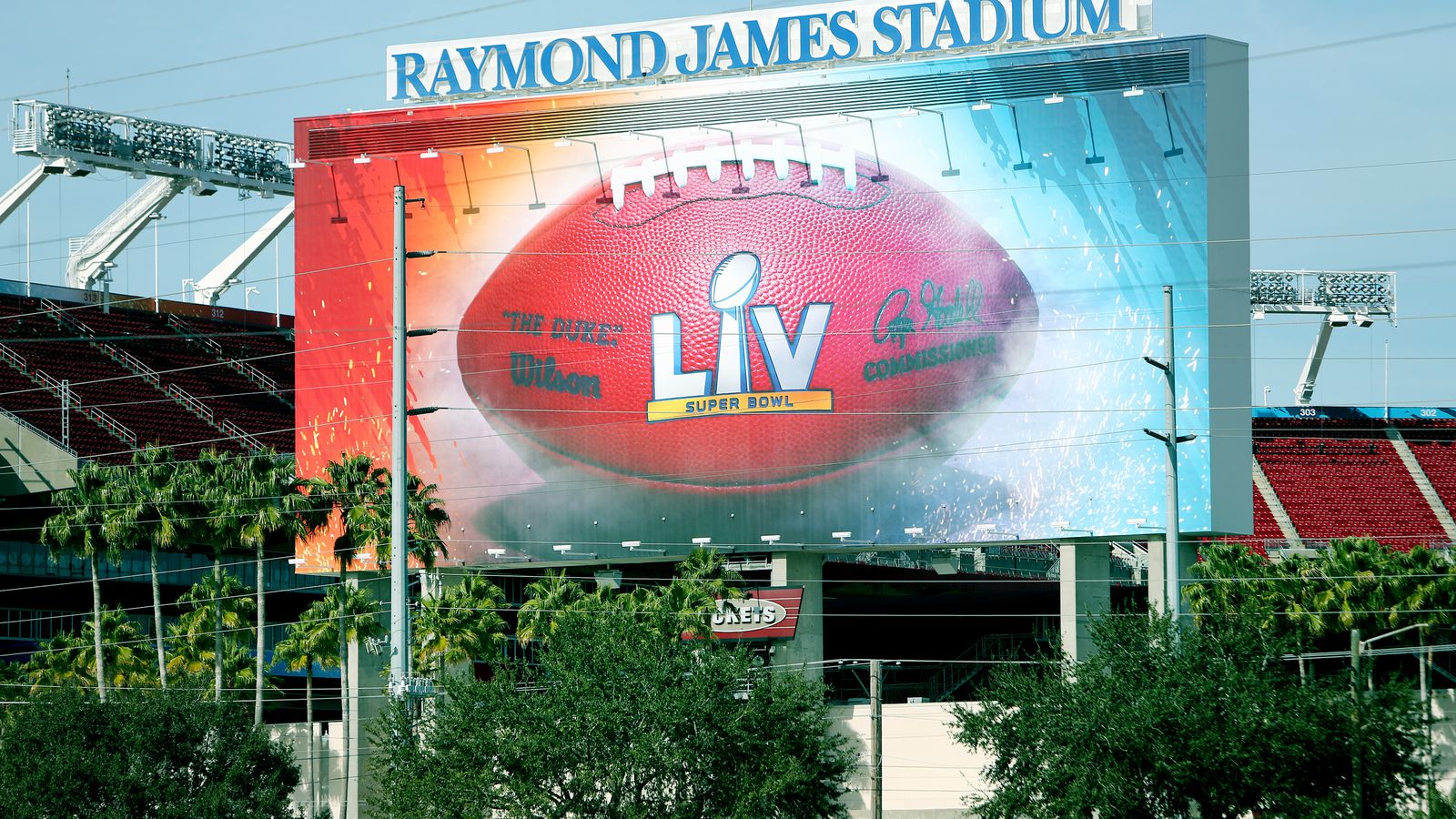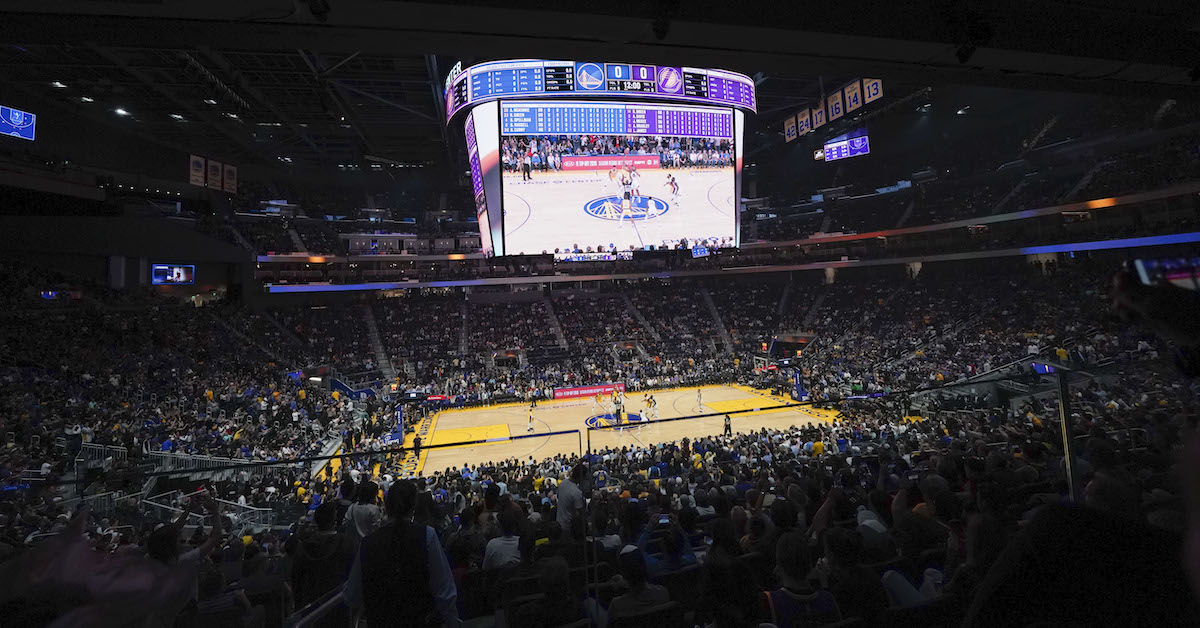Super Bowl could be latest casualty for California, in a trend where those potentially leaving California are eying Texas

With the NFL playoffs beginning, there has been speculation the league is considering another location other than Los Angeles for next month’s Super Bowl. Texas Gov. Greg Abbott says Texas is open for business for Super Bowl LVI.
Abbott’s pitch comes after businesses and residents have increasingly left California over the last two years for Texas and other states in the wake of California’s high taxes and Gov. Gavin Newsom’s strict handling of the COVID-19 pandemic. It also comes as Los Angeles continues to impose some of the most restrictive coronavirus-related policies in the country.
Super Bowl LVI, scheduled to take place at SoFi Stadium in Los Angeles on Sunday, Feb. 13, would be the latest casualty of the city and state’s ongoing lockdown policies, although the NFL says its checking with other potential locations is standard and due to “weather-related issues or unforeseen circumstances.”
In statement issued on Wednesday, NFL spokesman Brian McCarthy said, “We plan on playing Super Bowl 56 as scheduled at SoFi Stadium in Los Angeles on Sunday, Feb. 13. As part of our standard contingency planning process that we conduct for all regular and postseason games, we have contacted several clubs to inquire about stadium availability in the event we cannot play the Super Bowl as scheduled due to weather-related issues or unforeseen circumstances.”
After learning that the AT&T Stadium in Arlington, Texas, home of the Dallas Cowboys, was one of the clubs reportedly contacted by the NFL, Abbott said Texas was open for business and would welcome the game to be played there.
“Texas is 100% OPEN,” Abbott tweeted Thursday. “We would welcome the NFL & their fans to the Lone Star State.”
AT&T Stadium previously hosted the Rose Bowl in 2021 after it switched venues from Pasadena, California, due to California’s stringent coronavirus restrictions last year.
California Health and Human Services Agency Secretary Dr. Mark Ghaly said officials were committed to making sure the Super Bowl and other events related to it continued as planned.
“I know L.A. County is closely in contact with the NFL to make sure that strategies are put in place to ensure that people can enjoy this important event while making sure that we put things in place that allow COVID mitigation to be an important feature of the approach to that game that is just over a month away,” Ghaly said Wednesday.
Both the AT&T and SoFi Stadiums are able to accommodate roughly 100,000 people.
The difference is that California currently has one of the most restrictive policies and mandates in place statewide and at the local level nationwide. Whereas, Texas has been fully open for over nine months and Abbott issued executive orders banning mask and vaccine mandates, with some exceptions, statewide.
While Newsom refuses to end the state of emergency and local officials have required vaccine passports, facial coverings and other restrictions as a condition of service or participation in an event or even to attend school, no such policies exist in Texas. Despite all of California’s restrictions to reportedly ensure safety and slow the spread of the coronavirus, the Grammy Awards was the latest event to be “postponed indefinitely” in California, scheduled to be held in Los Angeles Jan. 31.
California, with a population of 39.5 million, and Texas, with a population of 29 million, are the two largest states by population in the U.S. They’ve served as examples of how differing governance and legislative policies impact residents, economic growth, education, and overall way of life, from taxation to business climate to personal freedom.
California’s high-tax environment and lack of affordable housing and ongoing restrictions contributed to the state recording a population loss for the first time in its recorded history in 2020. The same year, Texas’ population grew, as it also led the U.S. in population growth in 2021. Texas’ no business and no personal income tax, combined with less restrictions and regulations, contributed to its population growth and the state remaining a prime destination for residents leaving high-taxed states like California, Abbott and others have pointed out.
This article was originally posted on Super Bowl could be latest casualty for California, in a trend where those potentially leaving California are eying Texas



